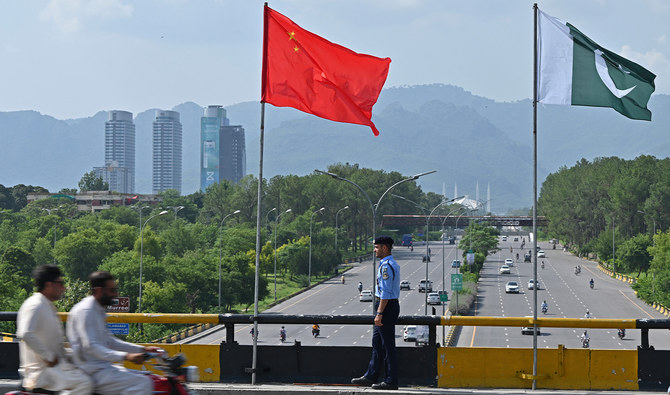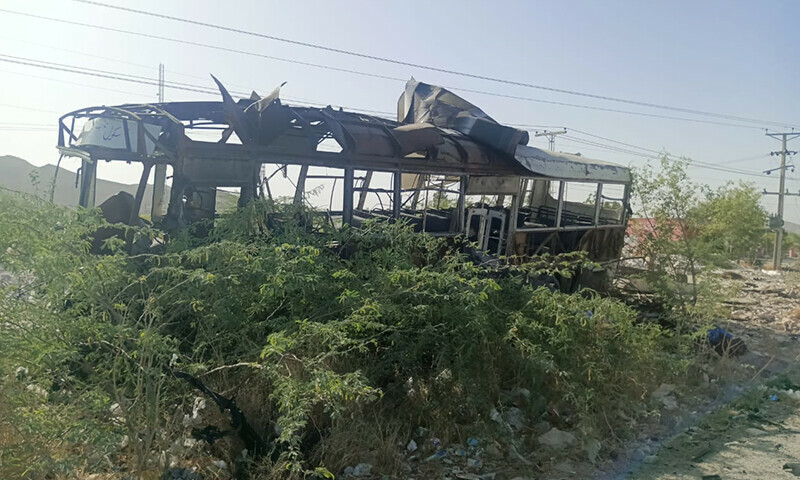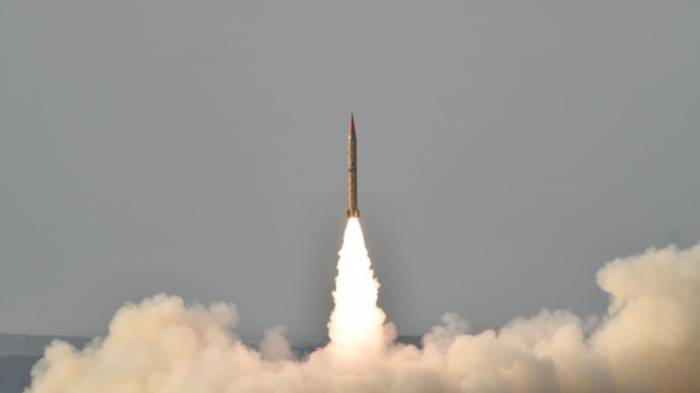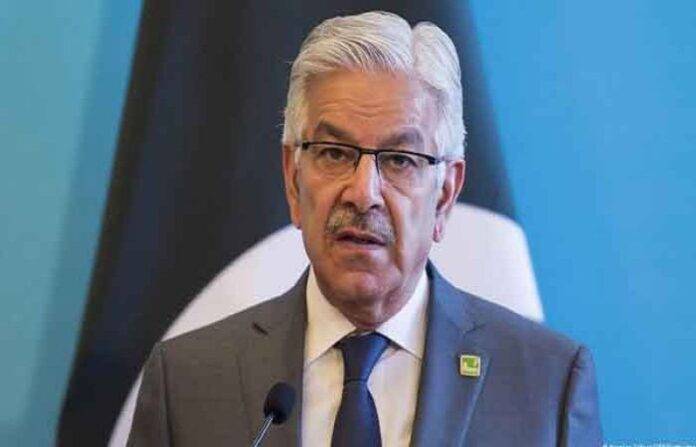Beijing has reportedly called upon Islamabad to initiate another comprehensive military operation similar to Operation Zarb-e-Azb, targeting terrorist groups, including the Balochistan Liberation Army (BLA), to eliminate them permanently. In addition, China has asked Pakistan to bolster its foreign exchange reserves, clear outstanding payments to Independent Power Producers (IPPs), and launch the Main Line-1 (ML-1) railway project in phases.
These demands were conveyed to Pakistan weeks before Prime Minister Shahbaz Sharif’s scheduled visit to Beijing. The visit aims to secure maximum support for the second phase of the China-Pakistan Economic Corridor (CPEC), seek budgetary assistance for the fiscal year 2024-25, and persuade China to reschedule debts related to power projects, among other aspects of bilateral relations.
Federal Minister for Planning, Development and Special Initiatives Ahsan Iqbal and Special Assistant to the Prime Minister on Foreign Affairs Syed Tariq Fatemi visited China. During their visit, they met with top Chinese officials, including Vice Foreign Minister Sun Weidong. The delegation attended a working lunch hosted by the Vice Foreign Minister and a banquet by the head of the National Energy Administration (NEA). Detailed meetings were also held with the Vice Chairman of the National Development and Reform Commission (NDRC) and the presidents of EXIM Bank and Sinosure.
During discussions on the ML-1 project, Chinese Vice Foreign Minister Sun Weidong acknowledged the project’s slow progress but emphasized its strategic importance. He stressed the need for a sustainable business model and suggested implementing the project in phases. This approach is due to the project’s high financial outlay and Pakistan’s overall debt profile, compounded by conditions imposed by the International Monetary Fund (IMF).
Regarding the Karakoram Highway (KKH) Realignment Phase-II Project, Sun Weidong noted the commitment of both countries to transform the Khunjerab Pass into an all-weather strategic route, ensuring the uninterrupted flow of goods and trade year-round. He highlighted that the development of the Dasu and Diamer Bhasha dams could submerge parts of the KKH, making the realignment project crucial. China has already shared a Framework Agreement with Pakistan and hopes for its early approval.
On the issue of outstanding IPP payments, Sun Weidong underscored the necessity of early settlement. He highlighted that restoring trust among Chinese financial institutions is vital for securing additional funding and insurance coverage for renewable energy projects, such as the Kohala and Azad Pattan Hydro Power Projects, currently stalled due to lack of insurance by Sinosure. Pakistan owes Rs 500 billion to Chinese IPPs, and Prime Minister Shehbaz Sharif has directed the Finance Minister to find a solution to these massive payables.
Sun Weidong also emphasized the need for another Zarb-e-Azb-style operation against terrorist groups such as the Tehreek-e-Taliban Pakistan (TTP), Majeed Brigade, BLA, and others. This call comes in the wake of a recent suicide attack in Swat that killed Chinese nationals. The Pakistani government has committed to compensating the victims’ families with $2.58 million and claims to have arrested nearly a dozen terrorists involved in the attack.
The Chinese Vice Foreign Minister further stated that China continues to urge Afghan authorities to improve governance by forming an inclusive government, focusing on economic growth and development, and addressing terrorism threats from groups such as ISIS, IS-KP, and ETIM. He emphasized the importance of reviving the trilateral mechanism between Pakistan, China, and Afghanistan for better coordination on anti-terrorism measures, ensuring that Chinese workers in Pakistan are not high-value targets for terrorist groups but are treated with respect.
During the interaction, the President of China Export-Import Bank (EXIM) assured the Pakistani delegation of China’s commitment to bilateral space cooperation and Pakistan’s Multi-Mission Satellite (MM-1) planned for launch on May 30, 2024. On the ML-1 project, he reaffirmed the bank’s commitment but noted delays caused by revised designs and high financial outlays. EXIM Bank is still evaluating the technical study and considering involving China Development Bank (CDB) to share the project’s financial burden. He also expressed concerns over delayed payments to Chinese IPPs, which hamper financial approvals for strategic projects, and highlighted the low level of Pakistan’s foreign exchange reserves and the high security risks for Chinese nationals working in the country.




